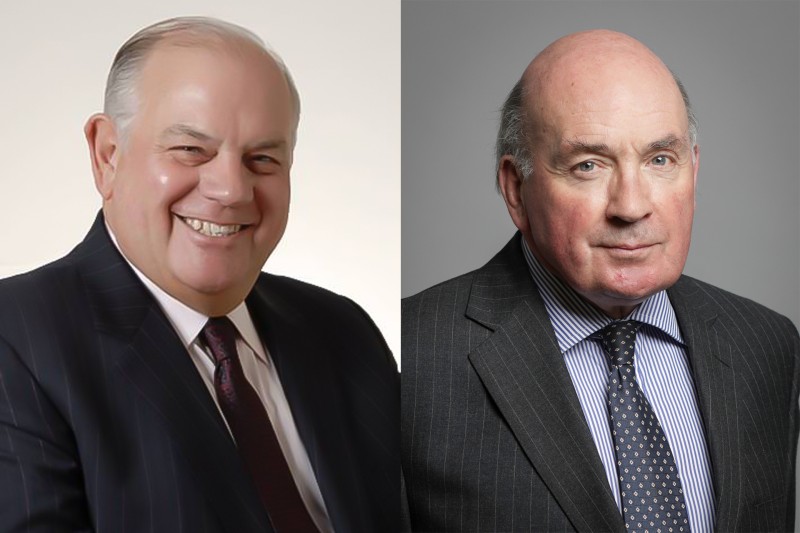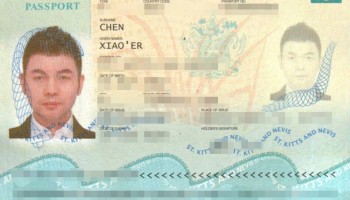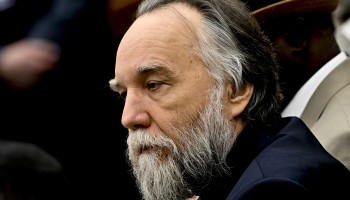The House of Lords Conduct Committee on Monday suspended David Evans, Lord Evans of Watford, and Richard Dannatt, Lord Dannatt, after finding that each had breached rules prohibiting members from offering parliamentary services for payment or reward.
The committee recommended a five-month suspension for Evans and a four-month suspension for Dannatt, and neither peer appealed the sanctions. In the U.K. Parliament, “peers” are appointed members of the House of Lords, the upper chamber that reviews legislation, scrutinizes government actions, and provides expertise on national policy.
Evans, a long-time Labour peer, self-referred to the Commissioner for Standards following an undercover investigation. The Commissioner found that Evans had sponsored events on the House of Lords estate through a company in which he had a financial stake and had offered to introduce undercover journalists posing as developers to other parliamentarians. Those actions violated the rules governing events and use of parliamentary facilities. He was also found to have failed to act on his personal honor by offering introductions with a financial incentive. The committee warned that such conduct risked undermining public trust in the House of Lords.
OCCRP previously reported that Evans used his son’s company, Affinity, to run commercial parliamentary events and that he lobbied in ways that benefited Azerbaijan ahead of the COP29 climate conference, including publicly praising the country’s leadership and helping cultivate its influence in the House of Lords.
Dannatt, a former head of the British Army, was found to have breached the Code of Conduct in multiple instances. He allegedly offered to arrange meetings with ministers for commercial clients, contacted ministers and officials on behalf of companies in return for reward, and attended meetings on their behalf. The committee said the seriousness and repeated nature of the violations justified a four-month suspension.
Undercover footage obtained by The Guardian showed Dannatt saying he could “make a point of getting to know” the right minister and facilitate access for paying clients. Evans was also recorded allegedly offering access to ministers while discussing a commercial deal worth tens of thousands of pounds and suggesting introductions to other parliamentarians. Although no money changed hands at the time, the committee found both peers demonstrated a clear willingness to provide paid parliamentary services.





